The Deputy of MSRT in International Affairs, Dr. Haddadi, visited Kish International Campus of Sharif University of Technology on Tuesday February 13th, 2024, and met with Dr Yousefi the Chancellor and other officials of SUTIC.
Upon arrival, Dr. Haddadi visited the main campus of the university, Faculty of Science and Engineering Building, workshops, and the Physics, electrical and mechatronic laboratories. During this visit, Dr. Yousefi presented a report on the available infrastructure and educational laboratories of the campus, pointed to the large convenient capacities to attract students, especially internationals. He mentioned that planning to increase student cohorts up to 1500 (including Iranian and international students) is on the agenda. Dr. Yousefi listed the pursuit of cooperation agreements with universities of other countries such as Germany, Japan, Korea and Malaysia in order to hold joint programs as one of the current goals of the campus.
He pointed out that the independence of the International Campus of Sharif University of Technology on Kish Island will boost the level of its academic quality. Achieving this goal requires the support and cooperation of Sharif University of Technology and the Ministry of Science, Research and Technology—especially its Deputy of International Affairs.
In addition, the Deputy of Logistics and the Director of Student and Cultural affairs, enumerated the ways to improve the rating and conditions of dormitories for the comfort of students and to attract new international students with the assistance of the Ministry of Science, Research and Technology and Kish Free Zone Organization relying on the rich and proper infrastructure of Kish Island.
Then, Dr. Haddadi expressed his delight in getting acquainted with SUTIC Chancellor, academic faculties, staff and the vast capacities of its campus and ultimately hoped that SUTIC has the potential to become the main university based on Kish Island and a scientific and international hub in the region. Although the existence of various administrative constraints is a problem for international students, resolving the issue is much easier in Free Zones rather than in the mainland.
The signing of 288 cooperation agreements between the country's universities to attract international students and holding regular meetings to maintain student activities have been the most important agendas of the Ministry of Science, Research and Technology in the past few years.
